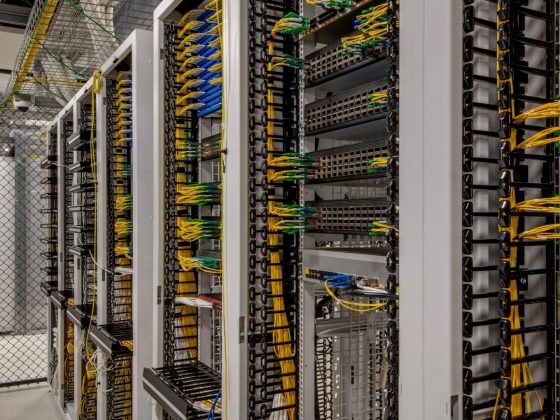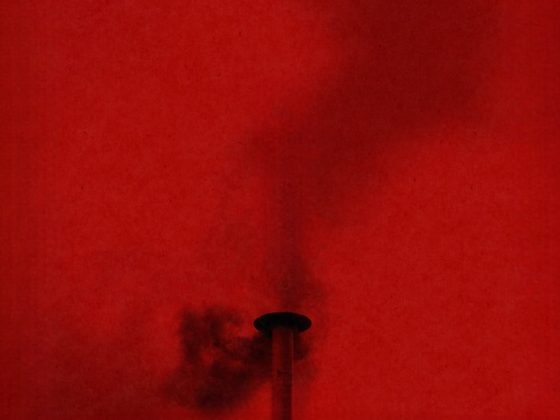Asian stocks ended mostly higher on Wednesday after U.S. Treasury Secretary nominee Janet Yellen backed major fiscal stimulus to help workers and businesses battered by the coronavirus pandemic.
Investors remained optimistic about additional stimulus and a faster rollout of coronavirus vaccines under incoming U.S. President Joe Biden, who will be sworn into office later today.
Chinese shares fluctuated before finishing higher as the country’s central bank left lending rates unchanged, as widely expected. The one-year loan prime rate was retained at 3.85 percent and the five-year loan prime rate was maintained at 4.65 percent.
The benchmark Shanghai Composite index rose 16.71 points, or 0.47 percent, to 3,583.09, while Hong Kong’s Hang Seng index ended up 320.19 points, or 1.08 percent, to 29,962.47.
Japanese shares closed lower as the dollar slipped against the yen amid the beginning of the Biden administration era in the U.S.
The Nikkei average dropped 110.20 points, or 0.38 percent, to 28,523.26, while the broader Topix index closed 0.34 percent lower at 1,849.58.
ANA Holdings tumbled 3.4 percent after reports that the airline will likely report a record ordinary loss for the nine months through December. Japan Airlines gave up 1.8 percent.
Tokyo Electric Power surged 7.6 percent after Japan’s wholesale electricity prices hit the maximum possible for a third day on the back of colder winter weather and dwindling fuel supplies.
Australian markets eked out modest gains amid expectations that Covid-19 restrictions will soon be eased in New South Wales and Queensland.
The benchmark S&P/ASX 200 rose 27.80 points, or 0.41 percent, to 6,770.40, while the broader All Ordinaries index ended up 36 points, or 0.51 percent, at 7,051.
Energy stocks such as Woodside Petroleum, Santos, Origin Energy and Oil Search climbed 1-2 percent as oil prices rose on U.S. stimulus hopes.
Tech stocks followed their U.S. peers higher, with Afterpay surging as much as 5.2 percent after Netflix topped subscriber growth expectations in the past quarter.
Mining giant BHP Group gained 0.9 percent after forecasting record iron ore output.
Banks ANZ, Commonwealth and NAB fell between half a percent and 0.9 percent amid bets the Australian central bank will extend its A$100 billion ($77.05 billion) government bond-buying program beyond April.
Aged care services provider Regis Healthcare slumped 8.1 percent after investment firm Washington H Soul Pattinson and Co withdrew a A$556.4 million ($428.3 million) takeover offer.
Consumer confidence in Australia took a hit in January, the latest survey from Westpac Bank revealed with a consumer confidence index score of 107.0 – down from 112.0 in December.
Seoul stocks rose for the second day running, with the benchmark Kospi gaining 21.89 points, or 0.71 percent, to settle at 3,114.55. Kia Motors rose over 5 percent after a 17 percent rise the previous day.
Home appliance maker LG Electronics soared 12.8 percent after saying it was considering all options to decide what to do with its loss-making mobile business.
New Zealand shares rose sharply, with the benchmark NZX 50 index ending up 145.14 points, or 1.13 percent, at 13,026.45 ahead of Biden’s inauguration as U.S. president. Exporter Fisher & Paykel Healthcare jumped 5.7 percent.
U.S. stocks rose overnight as traders returned to their desks following a long holiday weekend.
The Dow Jones Industrial Average inched up 0.4 percent and the S&P 500 added 0.8 percent as Janet Yellen made the case for large-scale fiscal stimulus and some of the country’s biggest banks beat expectations for fourth-quarter earnings.
The tech-heavy Nasdaq Composite jumped 1.5 percent to end the session just shy of the record closing high set earlier this month.
For comments and feedback contact: [email protected]









